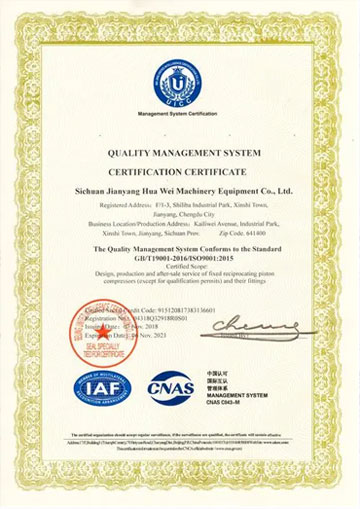

Self-Drilling Hex Head Screws for Secure and Efficient Fastening Solutions in Metal Applications
Jul . 31, 2024 22:16 Back to list
Self-Drilling Hex Head Screws for Secure and Efficient Fastening Solutions in Metal Applications
Understanding Self-Tapping Hex Head Screws A Comprehensive Overview
In the world of fasteners, the self-tapping hex head screw is a notable component due to its unique design and versatile applications. These screws are specifically engineered to create their own mating thread when driven into materials such as metal, wood, or plastic, making them essential in various industries, from construction to automotive manufacturing. This article provides a comprehensive overview of self-tapping hex head screws, including their features, applications, and advantages.
What are Self-Tapping Hex Head Screws?
Self-tapping screws are often described as screws that can tap their own hole. Unlike standard screws that require a pre-drilled hole, self-tapping screws are designed with sharp threads that allow them to penetrate the material seamlessly. The hex head design adds another layer of utility; the six-sided head allows for improved torque and grip when fastening. Typically made of steel and sometimes coated for corrosion resistance, self-tapping hex head screws are known for their durability and strength.
Key Features
1. Thread Design The threads on self-tapping hex head screws are sharply defined, enabling them to carve into the base material. This is crucial for ensuring a secure fit and reducing the risk of loosening over time. 2. Hex Head The hexagonal shape provides a larger surface area for wrenches or sockets, allowing for a higher torque application than slotted or Phillips heads. This feature is particularly useful in applications where a strong grip is required.
3. Material Variety Self-tapping hex head screws can be found in various materials, including stainless steel, carbon steel, and even specialized alloys, which makes them suitable for different environmental conditions.
4. Coatings Many self-tapping screws come with protective coatings such as zinc plating or black oxide finishes, enhancing their resistance to rust and ensuring longevity in outdoor or corrosive environments.
Applications
The versatility of self-tapping hex head screws makes them applicable in numerous fields
self tapping hex head

- Construction In construction, self-tapping screws are widely used to join structural components, such as metal framing, where their ability to create a secure fastener in thick materials is critical.
- Automotive The automotive industry often employs these screws for assembling components, from the chassis to internal fixtures, ensuring that parts are tightened securely without risk of stripping.
- Manufacturing In appliance and machinery manufacturing, self-tapping hex head screws are favored for fastening parts together due to their efficiency and time-saving benefits.
- DIY Projects Home improvement and DIY enthusiasts appreciate self-tapping screws for their ease of use and ability to be applied without extensive preparation.
Advantages
One of the primary advantages of self-tapping hex head screws is the time they save during installation. Their ability to cut through material eliminates the need for pre-drilling, streamlining the assembly process. Additionally, the strong grip provided by the hex head allows for easy tightening, which can be crucial in high-stress applications.
Moreover, their robustness and resistance to environmental factors make them ideal for outdoor use or in humid environments, where corrosion could compromise the integrity of the fastening.
Conclusion
In summary, self-tapping hex head screws are an indispensable fastener in many industries. Their unique design, efficiency, and versatility render them suitable for a multitude of applications. As technology advances and new materials are continually developed, the importance of these screws will likely increase, further solidifying their place in the fabrication toolkit. Whether for large-scale industrial projects or small home repairs, self-tapping hex head screws provide a reliable and effective fastening solution.
Latest news
-
Hot Dip Galvanized Bolts-About LongZe|High Strength, Corrosion Resistance
NewsJul.30,2025
-
High-Strength Hot Dip Galvanized Bolts - Hebei Longze | Corrosion Resistance, Customization
NewsJul.30,2025
-
Hot Dip Galvanized Bolts-Hebei Longze|Corrosion Resistance&High Strength
NewsJul.30,2025
-
High-Strength Hot-Dip Galvanized Bolts-Hebei Longze|Corrosion Resistance&High Strength
NewsJul.30,2025
-
Hot Dip Galvanized Bolts-Hebei Longze|Corrosion Resistance&High Strength
NewsJul.30,2025
-
Hot Dip Galvanized Bolts - Hebei Longze | Corrosion Resistance, High Strength
NewsJul.30,2025

